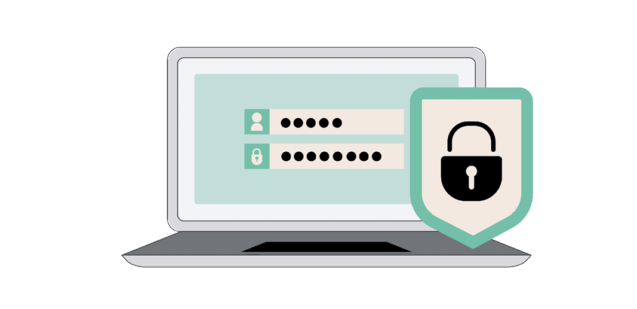Categories


Getting a car loan and buying a new car stirs up all sorts of emotions. Excitement, happiness, nervousness, and fear to name a few.
You want to find a car that suits your needs and your personality, but you also worry that you’ll make the wrong choice and end up saddled with the wrong car, or the wrong car loan, for the next four to five years.
You should approach buying a new car the same way you would approach buying a home — ask a more experienced person for advice, do your homework, and set a clear, non-negotiable budget. Preparing for your purchase in advance will help make the car loan financing process smoother and ensure that you make wise financial decisions.
7 Steps for Purchasing a Car
1. Figure out what kind of car you need.
You’re assessing your lifestyle and your needs. Do you have a job that requires a lot of driving? Or do you work from home? Do you take long road trips every summer? How many people need to ride with you on a regular basis? There are tons of options out there. If you can honestly evaluate your needs, it will help you narrow down your options to a couple of makes and models that are best for you and your budget.
2. Look over your credit.
Before you apply for your an auto loan, you should thoroughly examine your credit report. Your credit will determine what kind of interest rates you pay on your car loan, affecting your overall car-buying budget. Get your free credit report at AnnualCreditReport.com and look over it to see how the bureaus are calculating your score. If your score is lower than you’d like and you have some time before you start looking for car loan financing, take some steps to improve your credit score.
3. Establish your budget and down payment.
Once you know your credit score, you can use our auto loan calculator to more accurately gauge how much car you can afford. Remember, there are a lot of costs associated with owning a car above and beyond your monthly car loan payments: auto insurance, gas, maintenance, and repair costs. Be sure to account for these additional costs when deciding your budget and choose a car that you can comfortably afford. Financial experts recommend spending no more than 15-20% of your annual income on your first car. While a down payment is usually not required, it is a good idea to consider. A down payment decreases your monthly auto loan payment as well as how much you have to borrow, protecting you from depreciation.
4. Apply for your car loan.
Most people don’t think about shopping for a car loan before they shop for their car, but it makes financial sense. Getting pre-approved for an auto loan before you go to the dealerships means that you have the power of cash in your pocket and won’t have to make car loan financing decisions on the fly. You’ll know exactly what you can afford, which will help you negotiate more effectively. Pre-approval also opens up more options for you as a buyer since you can purchase from individuals as well as dealerships. Apply for an auto loan online or come in to talk to us when you’re ready to buy.
5. Go shopping!
This is the step you’ve been waiting for. It’s finally time to shop for your new car. Fortunately, all of the preparation you’ve done should make this step fairly easy. Start your car search online and by talking to friends and family. If you go to a dealership, be sure to go with a checklist of your needs and budget requirements in hand. Even better, take a trusted friend with you to keep you on track.
6. Gather more data.
Some cars may look good on paper, but you need to take a test drive to see how you feel behind the wheel. After you’ve narrowed down your choices, ask the dealers or individuals you’re considering buying from to quote you a price. If you’re looking at used cars, get a detailed vehicle history report and confirm the car’s resale value by checking out the National Automotive Dealers Association website. Remember you can negotiate — ask for extra incentives at the dealerships or try to knock off a couple hundred if you’re buying from an individual. Most individuals will also let you take the car into your mechanic for a thorough inspection before you buy.
7. Sign and drive.
You’ve done your homework, and you’ve found the perfect car for your needs. All that’s left for you to do to get a car loan and close the deal!
This material is for educational purposes only and is not intended to provide specific advice or recommendations for any individual.



